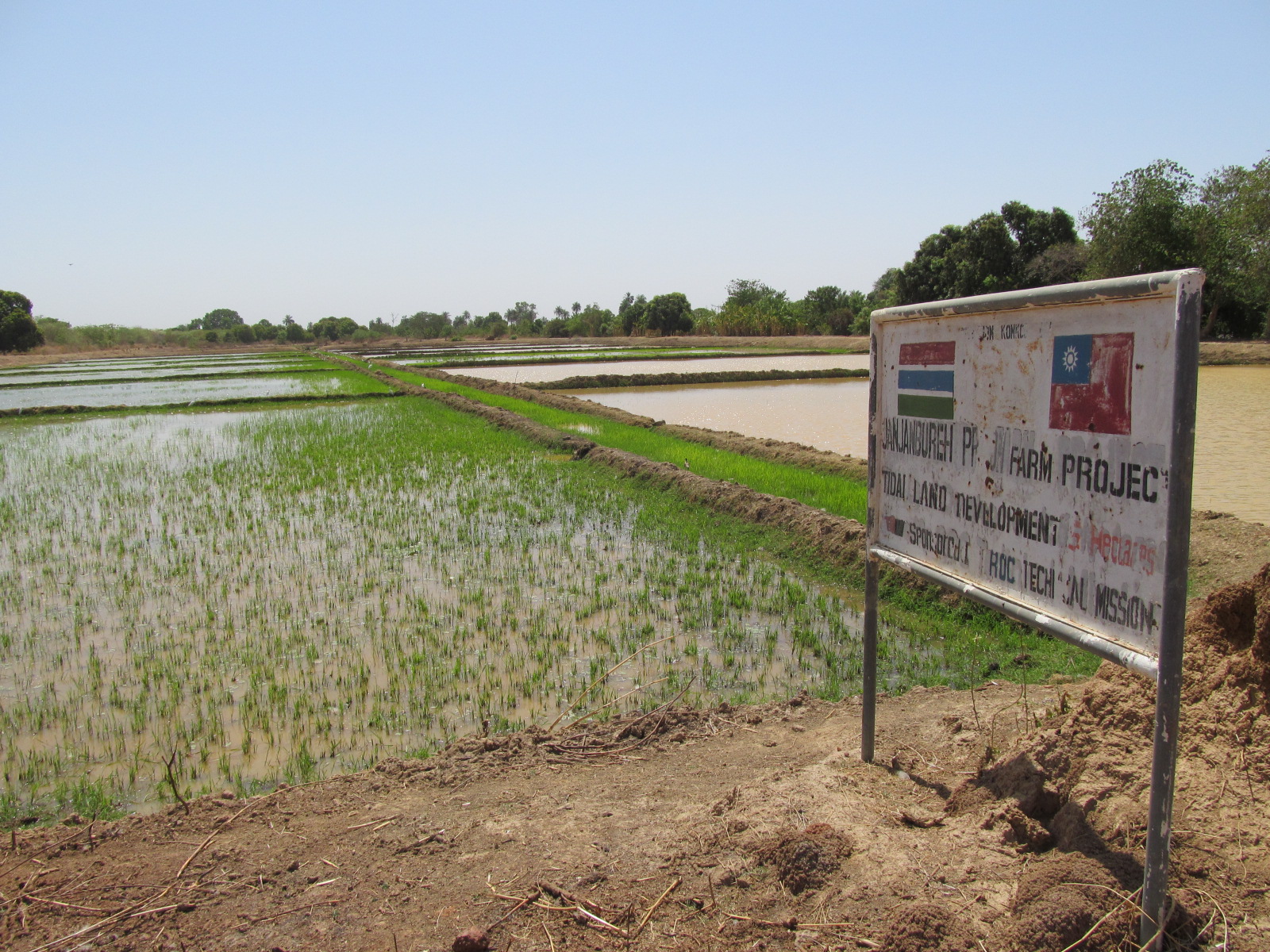Breaking news! On Thursday 14th of November the president of The Gambia announced the end of an almost two decade-long diplomatic relationship with Taiwan. The move came as a surprise to the international community and particularly to Taipei. Why is this relevant for African-Asian interactions?
During the 60s, Africa was a battle field in a cold war-style dispute for UN recognition between the Republic of China (ROC, Taiwan) and Mainland China (PRC). The US-backed ROC, initially recognized as “China” at the general assembly, easily won the first challenges. The West increasingly turned to PRC and eventually Resolution 2758 was passed in 1971, which switched the recognition of the “true” China and expelled "the representatives of Chiang Kai-shek from the place which they unlawfully occupy at the United Nations." The African votes were crucial for this resolution: While in 1960 only nine African nations voted in favor of PRC in 1960, 26 did it in 1971.
But that was not the end of the battle. While PRC kept increasing its number of allies among African states, Taiwan attempted to maintain the support from some countries, implementing the so-called “checkbook diplomacy” with succulent aid programs and investments to counteract the offers from “the other China”. With the rise of PRC as an influent soft power in the world, ROC was losing its allies one by one; and in 2013, only four African countries recognized the island. Now that the smiling coast is gone, these are merely three (and could be soon two).
The movement is actually not unprecedented. The Gambia had been flirting with both Chinas since independence and has switched recognition in the past. Already in 1974, the former President Jawara decided to join the international trend and recognized PRC. This lasted until the coup in 1994. In the months immediately afterwards, the young Colonel Jammeh was struggling to obtain resources to sustain the running of the state and avoid an early end to his rule. The international community in general had condemned the new regime, but from Formosa this was seen as an opportunity to regain an ally.
Since then, Taiwan became a key partner for The Gambia, particularly as a donor in many different areas. In the agricultural sector with emblematic investments in women gardens and rice production, the latter with the support of a large technical mission in Sapu that aimed to replace all rice imports in ten years. In education, a state of the art technical training center was under construction, many Gambians have and are currently studying with Taiwanese scholarships, and many schools have been built with Taiwanese money, same as hospitals, public buildings, community centers and others…. The burning question is then: What is going to happen with these projects? Now this is going to become one of the main questions of the AFRASO project Asian development assistance in Senegambia.
Another mystery to solve is, why did President Jammeh took this decision? While it seems to be clear that this was a personal stand, it is also evident that the only reason to do it is to re-establish ties with PRC. But the revenues from this new alliance are not clear. ROC strategic diplomacy was very generous and it is not clear, if the new China can offer more. There are speculations of offshore oil explorations for instance. It is also possible that important investments in groundnut production may come, or maybe there are reasons beyond economic incentives… Only time will tell.






